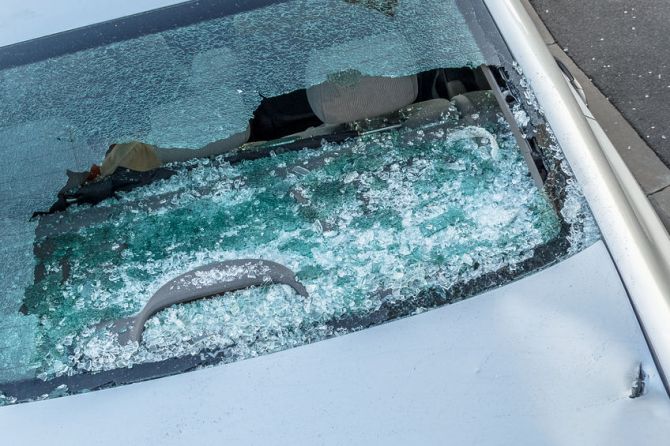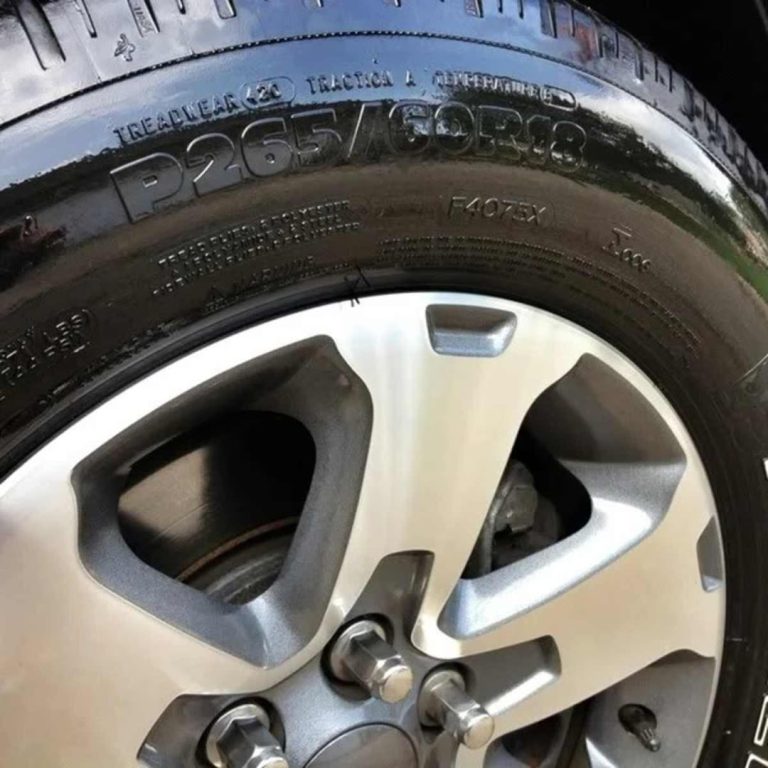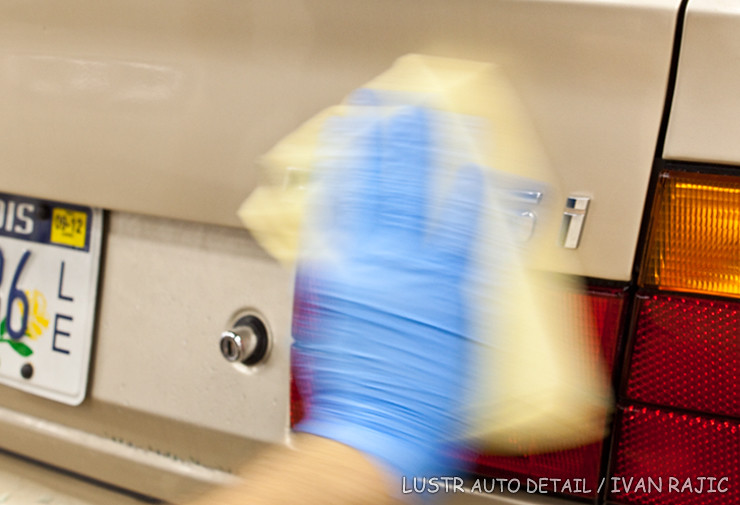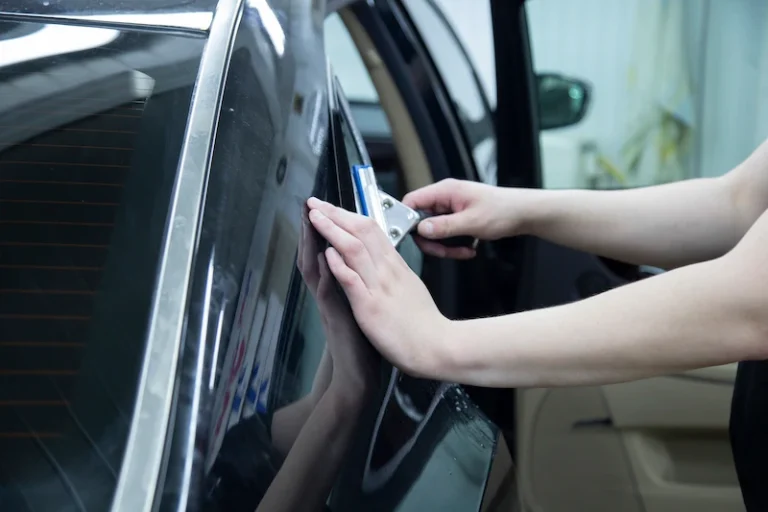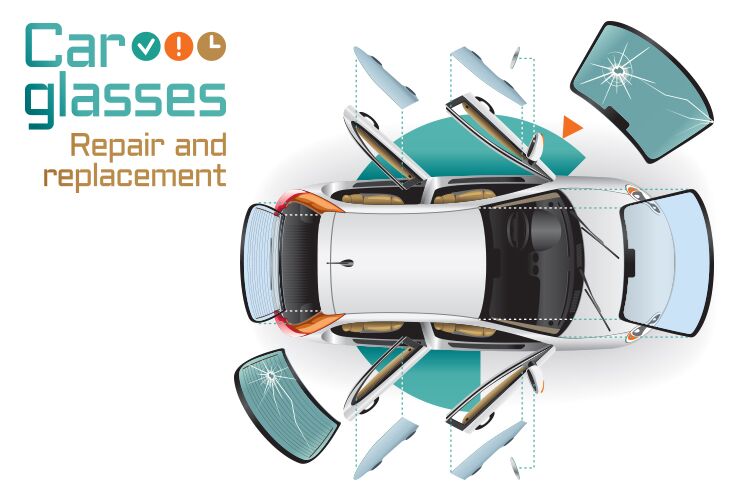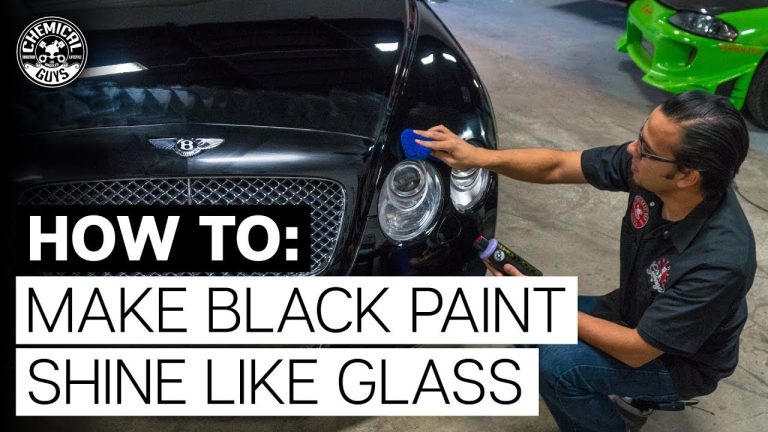Can a Car Glass Shatter on Its Own? Discover the Truth
Can a car glass shatter on its own? Yes, car glass can shatter on its own due to factors like manufacturing defects, extreme temperature changes, stress cracks, or unnoticed damage from debris. Laminated windshields are less likely to shatter completely, but tempered side or rear windows can break suddenly without direct impact under certain conditions….
Can a car glass shatter on its own? Yes, car glass can shatter on its own due to factors like manufacturing defects, extreme temperature changes, stress cracks, or unnoticed damage from debris. Laminated windshields are less likely to shatter completely, but tempered side or rear windows can break suddenly without direct impact under certain conditions.
It sounds like a scene from a movie, doesn’t it? Yet, for many, this is a startling reality. You might wonder, can a car glass shatter on its own? This question might have crossed your mind, especially if you’ve ever experienced a mysterious crack or pop in your car’s glass.
We’ll explore the hidden triggers that could lead to such an unexpected event. Understanding these factors can not only save you from sudden surprises but also keep you safer on your journeys. So, buckle up and discover the surprising truths behind this automotive mystery. Your peace of mind could depend on it.

Credit: www.reddit.com
Can a Car Glass Shatter on Its Own?
Causes Of Spontaneous Glass Breakage
Car glass can sometimes shatter unexpectedly. Factors include temperature changes, manufacturing defects, or minor impacts. Stress points like chips or scratches may contribute.
Have you ever been startled by the sound of shattering glass, only to find that your car’s window has broken without any apparent cause? You’re not alone. Many drivers experience spontaneous glass breakage, and it’s an issue that can leave you scratching your head. Understanding the causes can help you prevent it or respond appropriately when it happens.
Manufacturing Defects
Sometimes, the culprit behind a shattered car window is a manufacturing defect. Imperfections in the glass, such as small bubbles or weak spots, can compromise its integrity. These flaws may not be visible to the naked eye but can cause the glass to break unexpectedly. If your car is relatively new, and the glass breaks without any external impact, consider contacting the manufacturer for a possible replacement.
Thermal Stress
Have you ever noticed how your car’s windows fog up during a temperature change? Rapid shifts from hot to cold can cause glass to expand and contract. This process creates stress that can lead to breakage, especially if the glass is already weakened by a small crack or chip. It’s wise to avoid extreme temperature changes, like blasting hot air on icy windows. Let your car adjust gradually to avoid thermal stress.
Improper Installation
Improper installation can also lead to spontaneous glass breakage. If the glass is installed too tightly or unevenly, pressure points can develop. These pressure points make the glass more vulnerable to breaking. If you’ve recently had your car windows replaced and notice signs of stress, like small cracks appearing, get them checked. Proper installation is key to preventing future breakage.
Impact From Road Debris
Imagine driving down the highway, and a small pebble flies up from the road, hitting your window. You might not notice it at the time, but even a tiny impact can start a crack. Over time, these small cracks can spread, leading to spontaneous breakage. Regularly inspect your windows for minor damage. Catching a crack early can prevent a bigger problem down the line.
Pressure Changes
Ever felt your ears pop as you drove up a mountain? Changes in altitude can affect your car’s glass too. The sudden difference in atmospheric pressure can stress the glass, especially if it’s already compromised. Consider this factor if you frequently drive in areas with significant elevation changes. Keeping an eye on your windows during these journeys can save you from unexpected breakage. Incorporating these insights can help you understand why car glass might shatter on its own. Next time you hear that unsettling sound, you’ll know where to look and what to do. Remember, regular inspection and mindful driving can keep your glass intact. Have you experienced spontaneous glass breakage? Share your story and let us know how you handled it!
Role Of Manufacturing Defects
Manufacturing defects can sometimes lead to car glass shattering unexpectedly. Faulty materials or improper installation weaken the glass. These issues make it more vulnerable to stress and temperature changes, causing it to break without warning.
Have you ever wondered if a car glass could shatter all by itself? It’s not just an urban legend. Manufacturing defects play a significant role in this rare but startling occurrence. Imagine driving down a peaceful road, only to hear a loud pop and see your car’s glass in pieces. It’s an unsettling experience that some drivers have faced, often due to hidden flaws from the factory.
Understanding Manufacturing Defects
Manufacturing defects can be sneaky. They often hide beneath the surface, invisible to the naked eye. These flaws may result from errors during the production process. For instance, glass that’s not cooled properly can develop weak spots. These weak areas might withstand normal conditions but could give way under stress, like a sudden temperature change.
The Impact Of Poor Quality Control
Quality control is crucial in manufacturing. Think about it: if a single defective glass slips through the cracks, it could end up on your car. A tiny bubble or an uneven edge can compromise the integrity of the glass. This is why quality checks are vital. Unfortunately, not all defects are caught, which can lead to unexpected glass shattering.
Real-life Scenarios
Consider Sarah, who was driving to work when her sunroof suddenly exploded. She described it as sounding like a gunshot. After the shock wore off, she discovered a manufacturing defect was to blame. This isn’t just a rare incident; other drivers have shared similar stories. Each case often points back to a flaw in the production process.
How You Can Protect Yourself
So, how can you safeguard against this? Regular inspections are your best ally. Check your car glass for any signs of damage, like small chips or cracks. If you notice anything unusual, address it immediately. You can also inquire about the manufacturer’s reputation and their quality control measures. Being informed can help you make better choices when it comes to your car’s safety.
Is It Time For A Glass Check?
Have you inspected your car glass lately? It’s easy to overlook, but taking a few moments to check for defects can save you from a potential disaster. Remember, ensuring your car’s safety isn’t just about the engine and tires; it’s also about the integrity of your glass. What steps will you take today to ensure your car is in top shape?
Environmental Factors
Car glass can unexpectedly shatter due to environmental factors. Temperature changes or debris can weaken the glass over time. Stress from these factors may lead to sudden breakage.
Have you ever found yourself puzzled by shattered car glass with no obvious cause? Environmental factors can play a surprising role in causing your car glass to break seemingly on its own. It’s not always about a stray pebble or an unfortunate accident. Sometimes, the environment itself has a hand in the mystery.
Extreme Temperature Changes
Sudden shifts in temperature can stress your car glass. Imagine a hot summer day, you park in direct sunlight, and suddenly it rains. Rapid cooling can cause the glass to contract quickly, potentially leading to cracks. Or perhaps you’ve experienced a cold morning where defrosting your car glass too quickly with hot air caused it to crack. These scenarios highlight how temperature extremes can affect the integrity of car glass.
Strong Winds
High winds might seem harmless, but they can carry debris that impacts car glass. Even small particles at high speeds can cause micro-damage. Have you driven through a dust storm and heard the tiny particles hitting your windshield? This constant barrage can weaken glass over time, making it prone to shattering without a direct impact.
Pressure Changes
Atmospheric pressure fluctuations can also contribute. Ever felt your ears pop during a rapid altitude change? Your car glass experiences similar pressure adjustments, especially when driving through hilly terrains or during storms. This pressure can cause stress points in the glass, leading to spontaneous cracking.
Acid Rain
Acid rain is more than just a nuisance for your car’s paint. It can deteriorate the surface of your car glass. If you’ve ever touched your windshield after a heavy acid rain, it might feel rough or gritty. Over time, this erosion can weaken the glass, making it susceptible to breaking. So, next time you find yourself questioning a shattered window, consider these environmental culprits. Could it be the weather playing tricks on your car? Understanding these factors can help you take precautions and perhaps prevent future surprises. Have you ever wondered if parking under a shade or using a windshield cover could save you from such mishaps? It’s worth a try.

Credit: www.reddit.com
Thermal Stress And Temperature Changes
Imagine stepping out to your car on a scorching summer day, only to find a spiderweb of cracks across your windshield. No one touched it, no accident happened, yet it’s shattered. This can happen due to something called thermal stress. Temperature changes can significantly affect car glass, making it susceptible to shattering seemingly on its own.
Understanding Thermal Stress
Thermal stress occurs when there’s a sudden or significant change in temperature. Car glass can expand and contract with heat and cold. When these changes are too rapid or extreme, it can cause stress on the glass. This stress can sometimes lead to shattering.
Temperature Differences Matter
Have you noticed how a glass cracks when you pour boiling water into a cold glass? Car windows can react the same way. If the interior of your car is heated by the sun while the exterior is cold, it creates a temperature difference. This can be enough to cause the glass to break.
Practical Tips To Prevent Thermal Stress
Park your car in shaded areas whenever possible. This simple step can minimize exposure to direct sunlight and keep the interior cooler. You might also consider using a windshield sunshade. It can reduce the interior temperature significantly.
- Use a car cover if parking in the sun is unavoidable.
- Avoid blasting your air conditioner to the coldest setting immediately after starting your car.
- Keep the temperature consistent within the car to avoid stress on the glass.
Personal Experience: The Surprise Of A Shattered Window
One summer, I parked my car under the blazing sun for hours. The next morning, I was shocked to find my rear window shattered. I realized that extreme temperature differences could be the culprit. This experience taught me to be more cautious about where and how I park my car.
Consider What You Can Do
Are there small changes you can make to protect your car glass? Simple steps can prevent costly repairs and unexpected surprises. Be mindful of where you leave your car and how you manage the interior temperature.
Understanding thermal stress and temperature changes can save you a lot of trouble. By taking preventative measures, you can avoid the inconvenience and expense of shattered car glass. What will you do to keep your car glass safe?
Preventive Measures And Solutions
Car glass shattering on its own is a rare but possible event. Many factors can lead to such incidents. Understanding these can help prevent unexpected breakage. Here, we explore preventive measures and solutions to ensure your car’s glass remains intact.
Identify And Address Minor Damage Early
Even small chips or cracks can grow over time. Inspect your car glass regularly. If you spot any damage, repair it immediately. Quick action can prevent larger issues.
Park In Safe Locations
Parking under trees or in high-traffic areas poses risks. Falling branches or debris can impact glass. Choose sheltered or low-risk areas whenever possible.
Avoid Extreme Temperature Changes
Sudden temperature shifts can stress car glass. Use sunshades in hot weather. Gradually warm up the car in winter. This minimizes stress and reduces shattering risks.
Use High-quality Glass
Opt for high-quality, tempered glass for replacements. It withstands pressure better. Consult professionals for installation to ensure proper fit and durability.
Maintain Proper Installation
Improperly installed glass can be prone to shattering. Ensure professional installation. Regular maintenance checks can confirm that the glass is secure.
Invest In Protective Films
Protective films can add a layer of security. They help prevent shattering. They also provide additional UV protection, enhancing glass longevity.
Regular Vehicle Maintenance
Routine maintenance can identify potential issues. Keep an eye on the car frame and seals. Ensure they remain strong and supportive of the glass.

Credit: www.reddit.com
Frequently Asked Questions
Why Did My Car Window Randomly Shatter?
Your car window may shatter due to temperature changes, manufacturing defects, or external impacts like debris. Stress fractures or poor installation can also cause this. Always inspect for any visible damage or weak spots.
Can Car Glass Break By Itself?
Car glass can break by itself due to temperature changes or manufacturing defects. Stress cracks may develop over time. Damaged edges or impurities in the glass can increase the risk. Regular maintenance checks help prevent sudden breakage. Keep your vehicle parked in moderate conditions to minimize risk.
Why Did My Glass Spontaneously Shatter?
Glass can shatter spontaneously due to thermal stress, manufacturing flaws, or physical damage. Small cracks might expand suddenly. Safety glass, like tempered glass, can break into small pieces under stress. Environmental factors, such as temperature changes, can also contribute. Regular inspections help prevent unexpected breakage.
Conclusion
Car glass can shatter unexpectedly. It’s rare, but possible. Temperature changes often cause it. Small chips or cracks might weaken the glass. Stress from uneven installation can also play a role. Regularly check your car windows. Look for signs of damage.
Address issues early to prevent surprises. Use sunshades on hot days. They help in reducing stress. Be gentle when closing doors. Sudden impacts can add pressure. Always park in safe spots. Avoid risks from falling objects. Stay aware, and your car glass stays intact.
Read More
- How to Replace Car Mirror Glass? Quick DIY Guide
- Glass Number Plate for Car: Enhance Style & Durability
- Glass Installation for Cars: Enhance Safety & Style

My name is Max langon and I am the founder of automothrone.com website. From this website, you will get automotive related information

